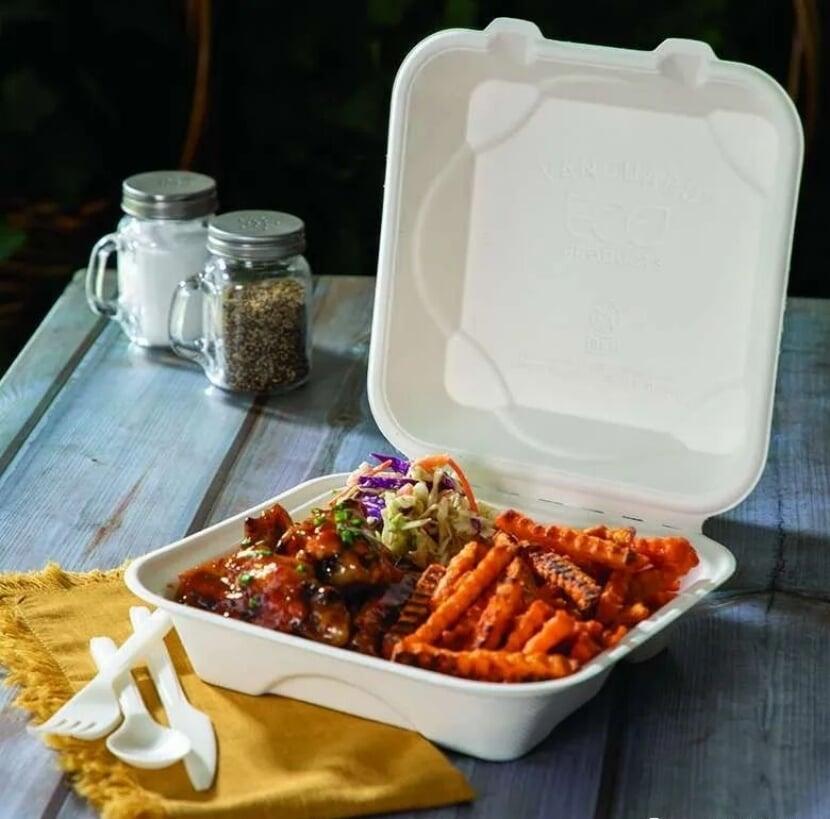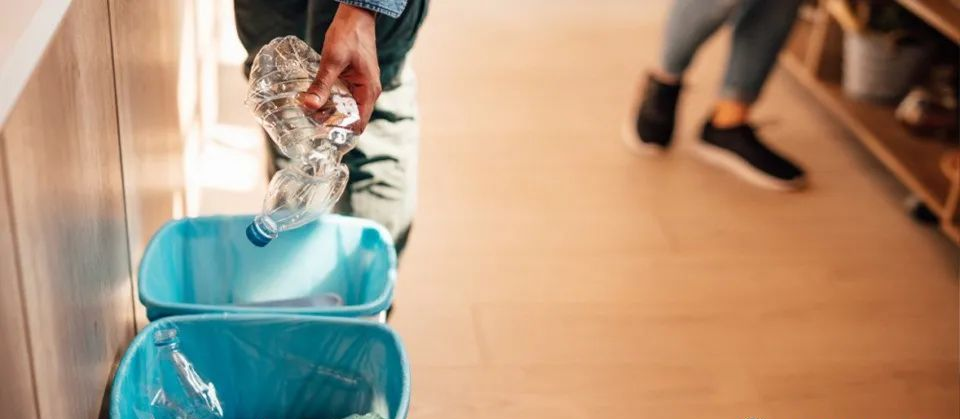A new series of interviews with UK shoppers reveals a clear lack of understanding of environmentally friendly packaging. The vox pop study, conducted by the Bio-based and Biodegradable Industries Association (BBIA), provides insights into public perceptions of bioplastic and compostable packaging and people's attitudes towards sustainable packaging.
These interviews were conducted as part of a Bio-Based Industry Joint Venture (BBI-JU) funded usable packaging project and demonstrate the apparent confusion with the current plastic packaging labeling system. All respondents claimed the logos were confusing, and most said they lacked the information they needed when dealing with packaging.
While the recyclable and no-waste signs were well identified, with more than 90% correctly identifying them, only 10% of respondents were able to name the compostable label.
People also had a mixed understanding of the terms involved. Despite failing to correctly identify the label, most respondents clearly understood what compostable meant. However, when asked what to do with compostable packaging after use, half were unsure.

Interviews suggest that the British public is not even very familiar with the concept of plant-based plastics. Almost no one could successfully describe what bioplastics are, although some acknowledged that the concept sounded positive.
Consumers interviewed are making a conscious effort to embrace sustainability in their shopping habits, with 65% of them saying they would delay purchasing a product if the packaging was not environmentally friendly. Most also claimed they would pay more for sustainable packaging.
However, there is a limit to the amount of effort they are willing to put in to adopt more sustainable behaviors. For example, some shoppers noted that they would only pay a small additional fee for environmentally friendly packaging. Others claim that they need a clear guarantee of the "goodness" of the package before paying any extra cash.
While most respondents are trying to make more sustainable choices, 100 percent agree that they could do more to live in an environmentally friendly way, citing cost, time and inspiration as the main barriers to making these changes.

Consumers also suggest the need for more consistent and clearer information to help guide their decisions. Currently, Google, Greenpeace and government websites are the most commonly relied upon sources for information on packaging, plastics and sustainable alternatives. However, respondents believe organizations, including the government, media and packaging companies, should do more to educate shoppers, and some believe the responsibility should not fall on consumers themselves.
"This study provides valuable insights into attitudes toward packaging and the challenges facing consumers today. The interviews show that the current system is truly confusing and that people need clearer, consistent information to guide their choices," said Professor José Maria Lagarón, coordinator of the Available Packaging Project and a member of the Superior Scientific Research Council (CSIC).

"The British public is keen to make its own contribution to the environment. However, it needs to be quick and easy, and many believe the government's primary responsibility lies in making this change happen. Clearly, more needs to be done, which will only strengthen the commitment of all partners in the Available Packaging Project to create truly sustainable packaging solutions for the future."
The Available Packaging project aims to create a new value chain for bioplastics. This will be based on low-cost and widely available feedstocks, such as by-products and sidestreams from the food processing industry.

